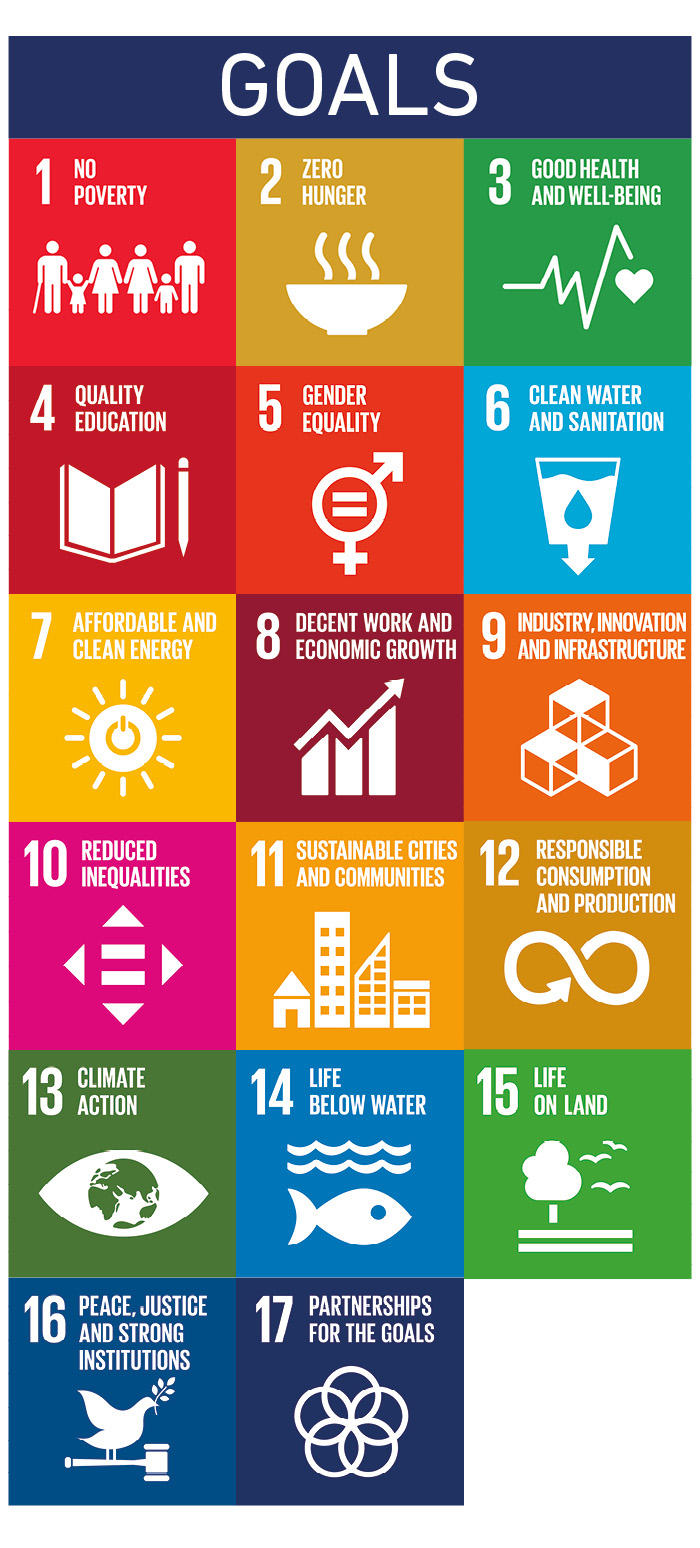
In this extra post, Lucy Patterson highlights how educators, students and graduates can contribute to climate and sustainability. She encourages all to join the University’s new community of practice for all staff and students interested in embedding climate and sustainability in learning and teaching. Lucy is a climate and sustainability curriculum coordinator in the Department of Social Responsibility and Sustainability.
Why all educators should be teaching climate and sustainability
“Not teaching sustainability implicitly teaches unsustainability.”- Pete Higgins, Learning For Sustainability Scotland
Every student that attends the University of Edinburgh has the capacity to contribute either to sustainability or to unsustainability. In fact, the contribution our students can make either way is greater than the average citizen due to Edinburgh graduates often securing leadership roles.
“The 3% of the population that attend University make up 80% of leadership roles” – Chuck Hopkins, UNESCO chair
To achieve our institutional mission of supporting social justice, it is therefore essential that all students develop attributes to support sustainability through teaching and learning, rather than retaining norms that have led our planet to experience new extremes such as climate change, biodiversity loss, and economic inequality.
“Every member of staff, every student, every alumnus and friend of The University of Edinburgh can contribute to tackling climate change”- Peter Mathieson, Principal and Vice-Chancellor of the University of Edinburgh
It’s also a clear demand from our students. 88% of higher education students would like sustainability to be actively incorporated and promoted through all courses[1]. Staff are also on board. 93% think it’s important students leave with skills, knowledge, attributes and values to create a more just and sustainable future[2].
How Edinburgh Graduates can contribute to sustainability
Sustainability can be defined as “meeting the needs of the present without compromising the ability of future generations to meet their own needs”[3]. This comprises environmental, social and economic needs. Our students across all colleges contribute to these areas both in their personal and professional lives and, according to our graduate attributes, should do so in a way that enables positive global change.
In other words, we should already be preparing them to be sustainable citizens and leaders, and we need to be more deliberate doing so.
The issues we should embed more deliberately can be summarised by the Sustainable Development Goals, developed by UNESCO in 2015 [4]:

- No poverty
- Zero hunger
- Good health and wellbeing
- Quality education
- Gender equality
- Clean water and sanitation
- Affordable and clean energy
- Decent work and economic growth
- Industry, innovation, and infrastructure
- Reduced inequalities
- Sustainable cities and communities
- Responsible consumption and production
- Climate action
- Life below water
- Life on land
- Peace, justice and strong institutions
- Partnership for the goals
However, awareness of these goals is not enough to meet them; specific skills are needed to enable action for a sustainable future. Fortunately, leading academics from this University and many others across the UK sector worked with QAA and Advance HE to develop ‘education for sustainable development’ guidance[5], which outlines eight skills higher education educators should work to develop in their students.
- Systems Thinking
- Anticipatory Thinking
- Normative Competency
- Strategic Competency
- Collaboration Competency
- Critical Thinking
- Self-awareness
- Integrated problem solving
Graduates who leave with this knowledge and skills are more adequately prepared to thrive in a rapidly changing world.
How learning and teaching can support
Educators can lead students to be sustainably conscious graduates through the content they teach and pedagogy used to teach it.
Content in non-sustainability focused programmes need not replace core discipline content. However, core content can be contextualised in its real world setting where issues of sustainability will always be relevant. For example, in medicine, the treatment of deficiency diseases could be supported by case studies showing the impact of economic inequality on the demographic of affected patients. Or, in literature, when analysing an author’s depiction of capitalism, it may be relevant to understand where their home country lies in relation to climate justice. If you aren’t sure how your curriculum can address sustainability, our community of practice is there to help.
Pedagogy across all programmes is integral to the quality of learning, and the pedagogies that develop the skills needed for sustainability happen to align with quality teaching and learning. These divert from traditional teaching approaches where learners directly impart knowledge from a lecturer. Instead, they are innovative diversifying how learners engage with their discipline. We showcase good pedagogical practice in our community of practice.
Our community of practice
The Environmental Sustainability in the Curriculum Working Group, established as part of the Curriculum Transformation Project, have recommended establishing a community of practice for teaching climate and sustainability. This will allow the university community to share best practice from across the University and act as hub for support and training. All staff and students are welcome, but we especially invite those with teaching responsibilities and those who support learning and teaching.
Join the group today!: Teaching climate and sustainability community of practice
This group, supported by the UN Regional Centre for Expertise in Learning for Sustainability and the Department of Social Responsibility and Sustainability, was launched on Tuesday 18 April 2023. On this hybrid event, attendees were introduced to learning for sustainability and workshop to develop the group’s terms of reference.
More about the event: Teaching climate and sustainability launch (hybrid)
REFERENCES
[1] https://www.sos-uk.org/research/sustainability-skills-survey
[2] https://www.sos-uk.org/research/sustainability-state-of-the-sector
[3] https://www.un.org/en/academic-impact/sustainability
[5] https://www.qaa.ac.uk/the-quality-code/education-for-sustainable-development
 Lucy Patterson
Lucy Patterson
Lucy’s role as climate and sustainability curriculum coordinator in the Department of Social Responsibility and Sustainability supports university wide efforts to embed sustainability in students experience of learning and teaching. Primarily through the academic curriculum, Lucy coordinates a community of practice for teaching climate and sustainability, facilitates living lab projects for students and advocates to enable strategic change in order for students to develop knowledge, skills and values to contribute to a sustainable future.


